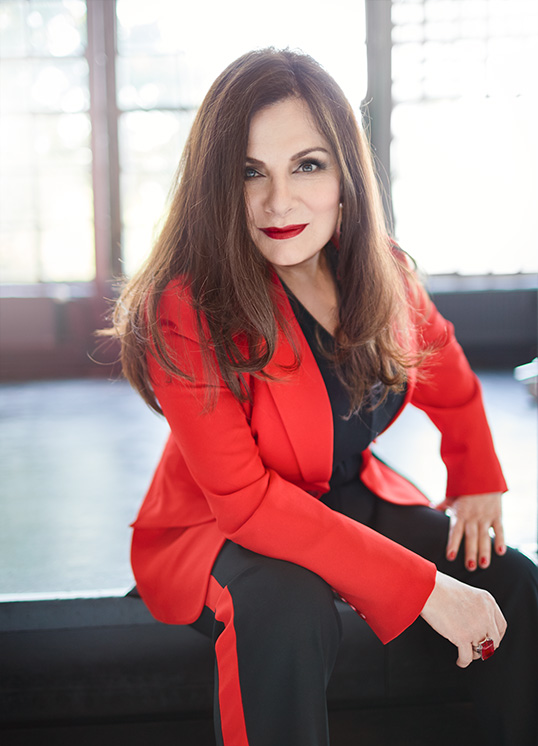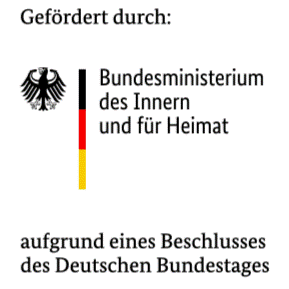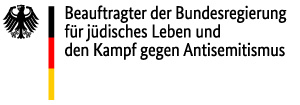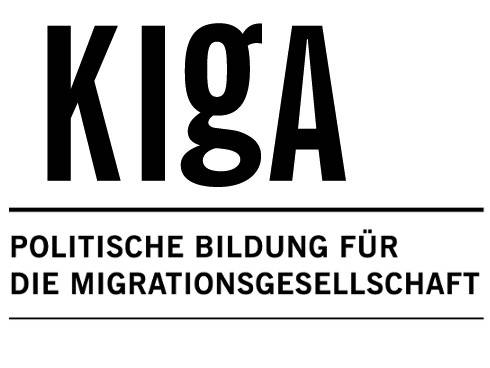Marianne Rosenberg
(born 1955 in Berlin)
"I think you can never turn that off. The child of an Auschwitz survivor will always look at the world differently than others and will always keep an eye on when things happen in society that are fascist-motivated."
The German pop and schlager (catchy, upbeat Europop) singer Marianne Rosenberg celebrated great success with her music in Germany, especially in the 1970s. Her father Otto Rosenberg, a Sinto survivor of the Nazi genocide (called “Porajmos” in Romani) against the European Sinti and Romani, once urged her to remain silent about her origins. He feared that Marianne would fall victim to racist attacks and that her career would suffer. In 2006, she published her autobiography Kokolores (Eng.: Palaver), in which she revealed her identity as a Sintesa and the difficulties associated with it. “Anyone who says that time can heal everything is mistaken. One lifetime has not been enough,” writes Marianne Rosenberg.
She soon became an pro-active representative—and probably the most prominent face—of the Sinti and Roma in Germany.
“Getting older is a wonderful thing for me.” Marianne Rosenberg exclusive interview, in: Meine Melodie, 05/2020, pp. 20-21.






